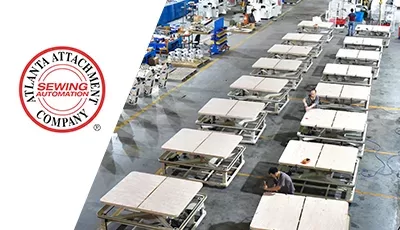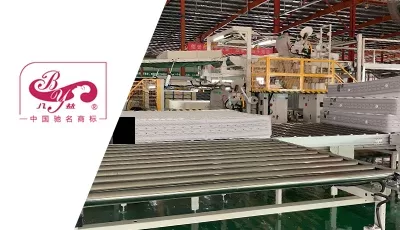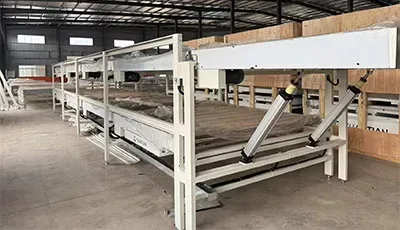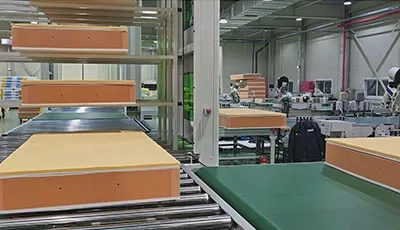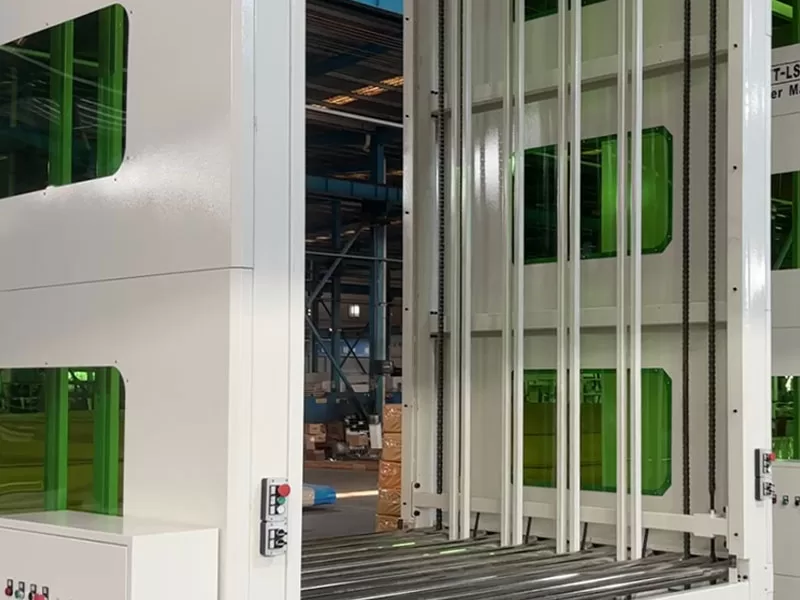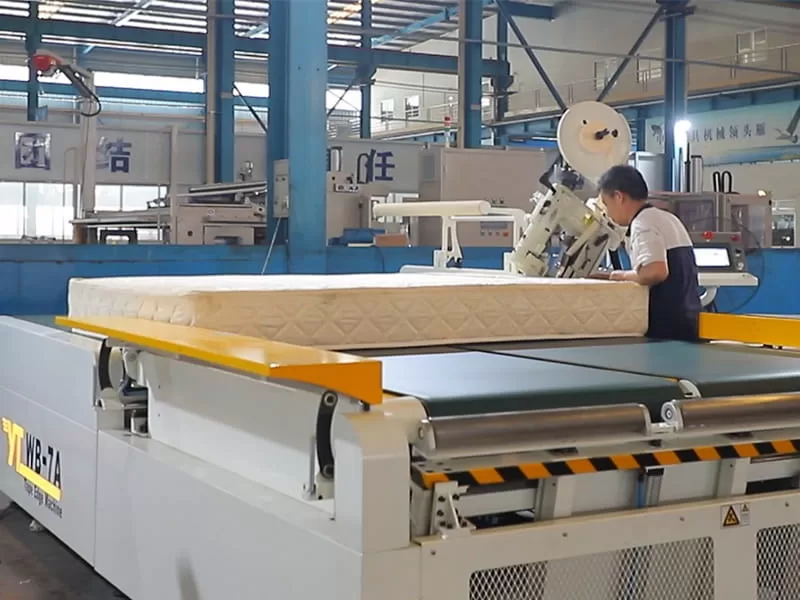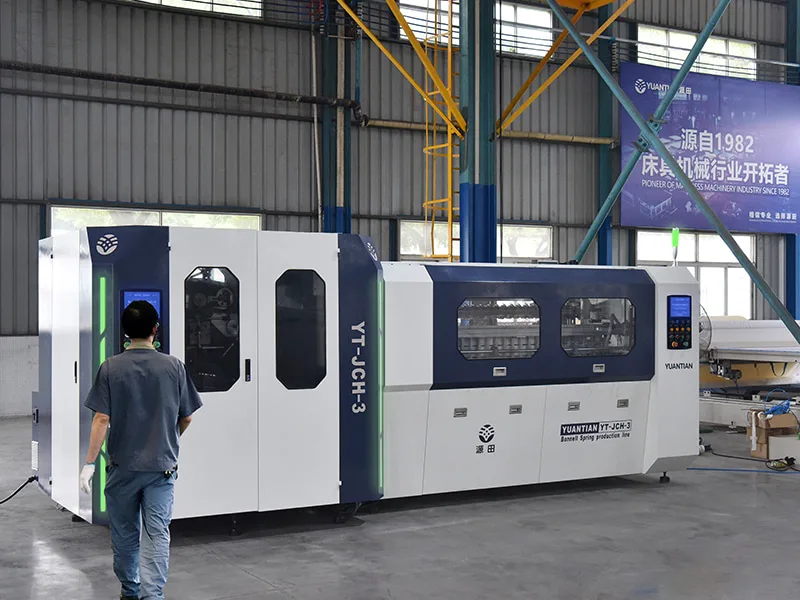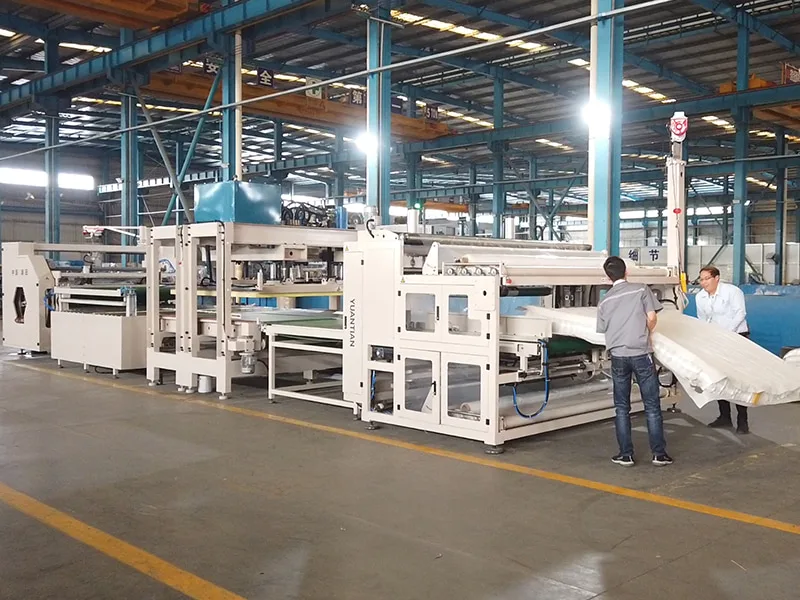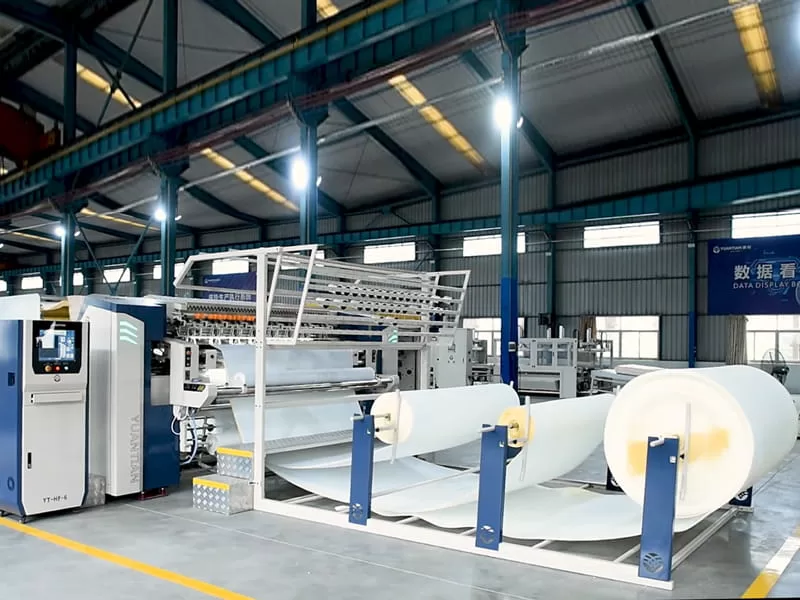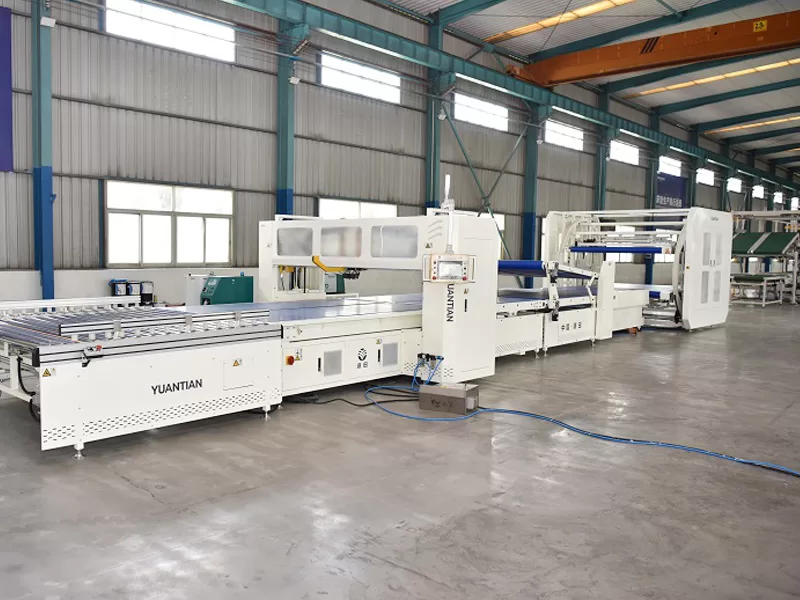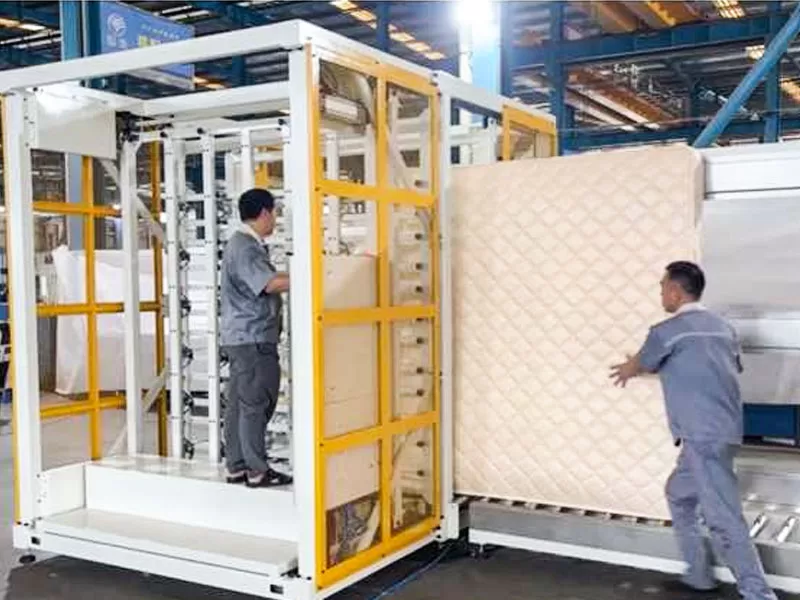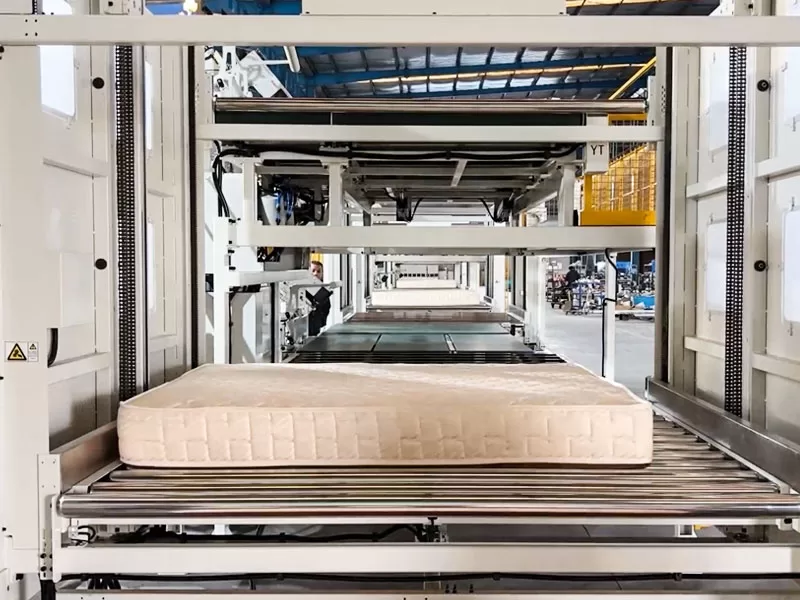- Home » Key Considerations When Investing in Mattress Production Machinery
Investing in mattress production machinery is a crucial decision for manufacturers to scale operations, improve product quality, and stay competitive in the mattress industry. From choosing appropriate equipment to operational requirements, a well-informed approach is paramount to ensure long-term success.
This passage explores some of the key considerations that a manufacturer must make while choosing mattress production machinery, ranging from production goals and machine specifications to cost management and future-proofing investments.
Understanding Production Requirements
Identifying Your Target Market
Before investing in machinery, manufacturers have to have a well-defined target market. Are you manufacturing high-end mattresses, economy mattresses, or other specialty mattresses, like memory foam or orthopedic mattresses? The kind of machinery necessary will depend on the type of materials and design that your target customers will need and require.
Assessing Production Volume
The production capacity of your facility determines the type and number of machines needed. For large-scale operations, high-speed automated machinery may be essential, whereas smaller businesses might prioritize flexibility and multi-functional equipment.
Quality Standards
The desired quality of your mattresses is another key factor. Machines equipped with advanced quality control features ensure precision and consistency, which are crucial for meeting customer expectations and maintaining brand reputation.
Types of Mattress Production Machinery
Cutting and Laminating Machines
These machines cut foam, fabric, or any other material into very accurate shapes and sizes. Advanced models can also laminate multiple layers together for the easy production of hybrid mattresses.
Quilting Machines
Quilting machines are used to stitch complex patterns on mattress covers to improve not only the look but also durability. Depending on the intricacies of
designs and production speeds required, manufacturers must decide between a single-needle and a multi-needle model.
Spring Coiling Machines
In the manufacture of innerspring mattresses, machines for spring coiling are indispensable. These machines can make very accurate coils that provide consistent support and durability.
Foam Pouring and Molding Equipment
Memory foam and latex mattress makers rely on foam pouring and molding machines to achieve custom shapes and densities. For a manufacturer, options with programmable settings may be more suitable for increasing flexibility.
Assembly and Packaging Machines
Automated assembly lines and packaging machines speed up the production process and reduce labor costs. These systems also ensure that the goods are well-packed for transportation.
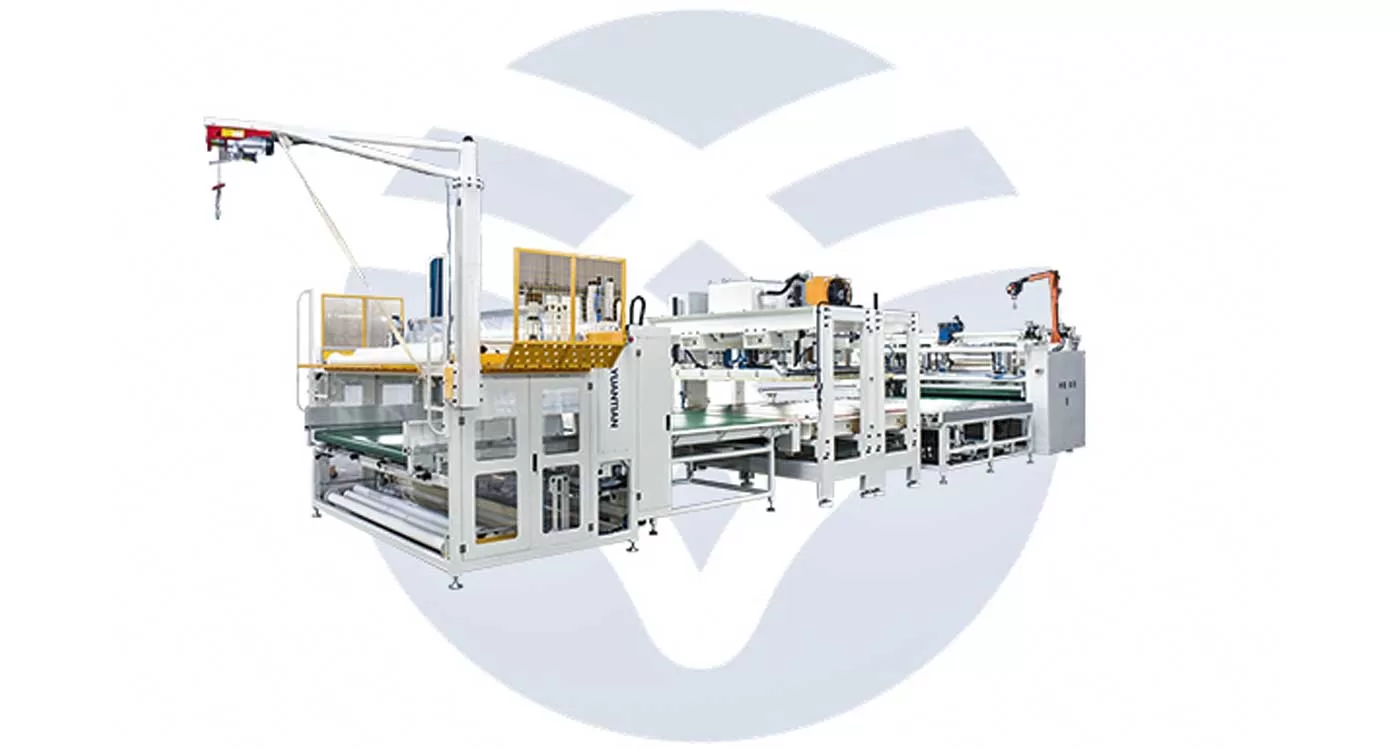
Evaluating Machine Features
Automation and Smart Technology
Automation is what most mattress manufacturers need to revamp their lines of production. Machines with PLC drives and IoT connections enable the machine operator to have effective control, monitoring remotely, and maintenance at schedules, minimizing downtimes.
Versatility and Customization
The versatility of the machinery being used enables different manufacturers to adapt to the evolving trends in the market. Multimaterial-handling ability, along with varied design production for mattresses, are future-proofed.
Energy Efficiency
The usage of energy-efficient machines reduces costs in operations. Such machines will have certifications and energy-saving features that contribute toward low long-run costs.
Durability and Reliability
High-quality machinery is usually more expensive, yet it pays for itself in the long run by requiring less maintenance and withstanding wear and tear. Make sure this machine is built with durable materials and has a proven track record of being reliable.
Cost Considerations
Initial Investment vs. Long-Term Savings
Manufacturers should weigh the high initial investment against the long-term savings in terms of increased efficiency, reduced labor costs, and less material waste.
Maintenance Costs
For the proper functioning of the machines, regular maintenance is required. Add the cost of spare parts, service agreements, and the lost production period.
Mattress Machinery Manufacturer Selection
Reputation and Experience
Select a manufacturer with a good reputation and experience in the mattress manufacturing business. Experienced suppliers are the most probable ones to supply reliable equipment and after-sales service.
Customization Services
Some manufacturers offer customization services to tailor machinery to your specific production requirements, such as Yuantian Mattress Machinery. This can be particularly beneficial for businesses targeting niche markets.
After-Sales Support
The suppliers must also offer decent after-sales support, such as training and technical assistance with easily accessible spare parts. Such good vendor support helps in reducing the rate of operational downtimes.
Operational Considerations
Facility Layout and Space Requirements
Ensure that the machinery fits into your facility and is in line with workflow processes. Consider the space needed for installation, operation, and maintenance to prevent bottlenecks.
Workforce Training
Even the most technologically advanced equipment depends upon human ingenuity. One should invest in training programs so that one’s workforce is able to use the new equipment both effectively and safely.
Future-Proofing Your Investment
Scalability
As your business grows, so will the need for production. Therefore, machinery that can scale up with operation through modular upgradeability or integration with more equipment becomes a prudent investment.
Adapting to Market Trends
New materials, designs, and technology are continuously being introduced to the bedding industry. Keep abreast of these market trends and select machinery that can adapt to future innovation.
Sustainability
Sustainability has become a prime factor that both consumers and industries are after. Invest in eco-friendly machinery and other materials that meet the environmental standards set and attract environmentally conscious customers.
Conclusion
Investing in mattress making machinery is a strategic decision that can make your business. Having a deep understanding of your production needs, assessing the features of the machinery, controlling costs, and considering future plans will help you choose equipment that meets your present needs while positioning your company for growth. With proper machinery, manufacturers can realize operational efficiency, superior product quality, and a competitive advantage in the dynamic bedding industry.
Связанные с ними товары
